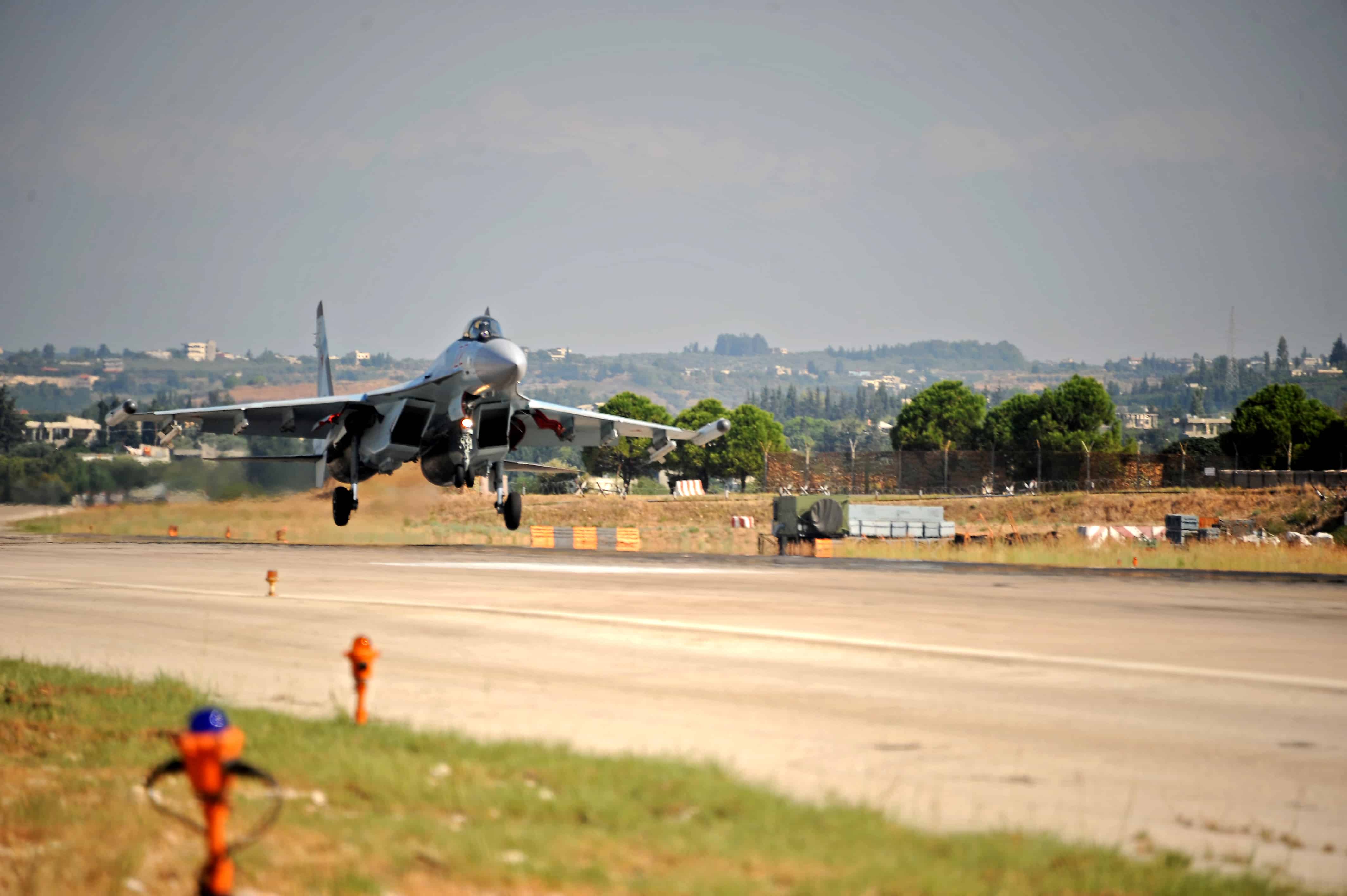Tehran, Iran— Iran is weighing plans to buy Sukhoi Su-35 fighter jets from Russia, Air Force chief Hamid Vahedi was reported as saying by local media.
“The purchase of the Sukhoi 35 from Russia is being considered by the Air Force” of Iran, Vahedi told Borna news agency which affiliated to the sports ministry, on Sunday.
It comes after the United States military said last week that Russia began receiving Iranian combat drones to be used in the Ukraine war, with many of them having already proven faulty.
Both Iran and Russia are targeted by stringent sanctions — Iran after the US unilaterally pulled out of the 2015 nuclear deal between Tehran and world powers, and Russia since it invaded Ukraine in February.
The two countries have responded to the sanctions by boosting cooperation in key areas to help prop up their economies.
Tehran and Moscow have for years been in talks for the purchase of Sukhoi 30 jets, a prospective deal that drew a sharp rebuke from Washington.
But Vahedi said on Sunday that “the purchase of Sukhoi 30s is not on the agenda”.
“We hope to acquire in the future the so-called fourth generation of Su-35 fighter jets,” he added.
In 2007, the two countries concluded a contract for the purchase of Russia’s S-300 anti-missile system, but Moscow suspended the sale in 2010 in compliance with a United Nations Security Council resolution against Iran’s nuclear program.
The deal was put on the table once again in 2015, shortly before the signing of Iran’s nuclear accord with world powers.
Iran’s defense ministry then confirmed in May 2016 that the Islamic republic was “in possession of the strategic S-300 system”.
On August 9, Russia launched into orbit an Iranian satellite, with US media warning that Moscow could use it to boost surveillance of military targets in Ukraine — reports that Iran later rebuffed.








